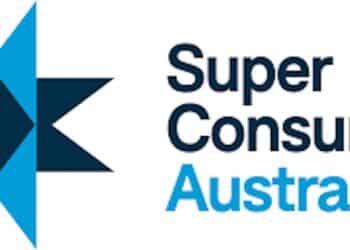With the start date for proposed ECPI changes not far off, the government is proposing to allow superannuation funds with interests in both accumulation and retirement phases during an income year to choose their preferred method of calculating exempt current pension income.
SMSF Association deputy chief executive Peter Burgess had said with the revised start date for the government’s proposed exempt current pension income (ECPI) changes scheduled for 1 July this year, the industry should be keeping an eye on any updates with this measure.
In a recent Accurium Insights report, the actuarial platform found that an SMSF may find its ECPI claim materially affected by the ability to choose their ECPI method if there is a time in the year where the fund is solely in retirement phase, but the fund has a non-retirement phase interest at other times.
Furthermore, the options will need to be considered if it doesn’t have DSFA (generally where all members have TSB under $1.6 million) and it has significant and irregular income and/or capital gains.
“Where significant and irregular income and/or capital gains is earned at a time the fund has a non-retirement phase interest, then not allowing for deemed segregation will produce higher exempt income,” Accurium said.
“This is due to the calculation of the actuarial exempt income proportion including periods where the fund is solely in retirement phase, which increases the average pension liabilities relative to superannuation liabilities, resulting in a higher exempt income proportion to apply to the relevant income.”
However, for SMSFs where significant and irregular income or/and capital gains is earned at a time when it is solely in the retirement phase, then allowing deemed segregation will produce higher exempt income.
“This is due to the income being earned in the period when the fund is solely in retirement phase and is therefore 100 per cent exempt from tax,” Accurium said.
“If there are multiple instances of significant or irregular income and/or capital gains, which occur in both a deemed segregated period and in a period where there is a non-retirement phase interest, then to determine which approach would result in a ‘better’ tax outcome would require a comparison calculation to be completed.
“If the choice of ECPI approach is allowed in arrears, this would be possible; if the choice of approach is required to be set in advance, this could be based on an estimate of the events and transactions that might occur in the coming year.
“It is also important to note that if a fund realises a net capital loss in a period where the fund is solely in retirement phase, the trustee would not be able to carry that forward if the ‘deemed segregation’ approach was used.”
With the current legislative changes yet to be determined, the first proposal will see the government remove a redundant requirement for superannuation funds to obtain an actuarial certificate when calculating ECPI using the proportionate method, where all members of the fund are fully in the retirement phase for an income year.
The second proposal will instead allow superannuation fund trustees with interests in both the accumulation and retirement phases during an income year to choose their preferred method of calculating ECPI.
“While the second proposal is relatively minor and will impact only a tiny proportion of SMSFs, the first proposal has the potential to require significant work for those in the industry,” Accurium said.
“For example, significant changes to accounting software and actuary’s systems are likely to be needed to allow practitioners to efficiently compare different scenarios and determine the best outcomes for their clients.
“Having choice on which method to use to claim ECPI may help some taxpayers. However, some might suggest that there’s an argument for the status quo — leave it as it is; after all, industry has done all the hard work to accommodate the 2017–18 changes.”


